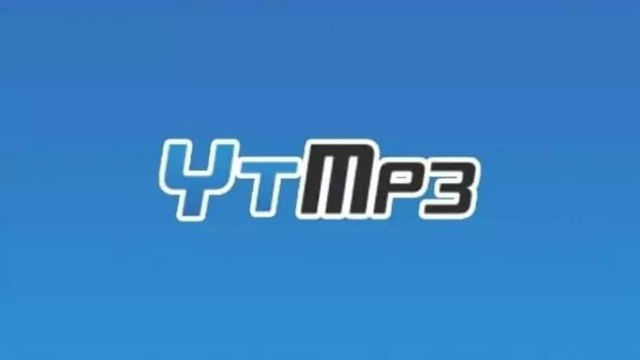
What is Ytmp3?
Ytmp3 is a popular online tool that allows users to convert YouTube videos into MP3 audio files. It’s part of a larger family of YouTube to MP3 converters that provide a quick and convenient way to extract audio content from videos. Often used by people wanting to save music, lectures, or podcasts for offline listening, Ytmp3 has gained widespread attention for its simplicity and free access.
How Does Ytmp3 Work?
The process is straightforward: users copy the URL of a YouTube video, paste it into the Ytmp3 converter, and then select the audio format—usually MP3 or sometimes MP4 for video. After a few seconds, the platform generates a downloadable audio file that can be saved to a device.
Ytmp3 operates entirely through a web interface, requiring no software downloads or installations. This accessibility is part of what makes it so appealing to users across various devices, including smartphones, tablets, and computers.
Popular Features of Ytmp3
-
Free to Use: No subscription or payment is required to use Ytmp3.
-
Quick Conversion: The platform typically processes files in under a minute, depending on the video length.
-
Multiple Formats: Users can often choose between MP3 (audio) and MP4 (video) formats.
-
No Registration: No account creation is necessary, which appeals to users concerned about privacy.
Legal and Ethical Considerations
Despite its utility, Ytmp3 exists in a legally gray—and often black—area. Downloading copyrighted content without permission is generally against YouTube’s terms of service and may violate copyright laws in many countries. While some content is legally permissible to download (such as royalty-free music or videos under Creative Commons licenses), the majority of music videos and commercial content on YouTube are protected by copyright.
Legal Risks
Using services like Ytmp3 can potentially expose users to legal consequences, especially if the downloads are for distribution or commercial use. Although enforcement against individual users is rare, content creators and copyright holders have pursued legal action against platforms that enable mass downloading of copyrighted material.
Ethical Concerns
Beyond legality, ethical issues also come into play. Musicians, video producers, and other content creators rely on ad revenue and streaming counts for income. When users bypass official platforms to download content for free, creators may lose potential revenue. This undermines the work and livelihood of those who depend on digital platforms to monetize their content.
Safety and Security Issues
Some versions of Ytmp3 or similar websites have been flagged for security issues, such as:
-
Pop-up Ads and Malware: Free platforms often sustain themselves through ad revenue, which may include malicious ads or misleading pop-ups.
-
Data Privacy: Without clear privacy policies, users may unknowingly expose their browsing data to third-party trackers.
-
Clones and Scams: There are many imitation sites that appear identical to Ytmp3 but serve harmful content or phishing attempts.
To mitigate these risks, users should ensure they’re using a legitimate site, employ ad blockers, and avoid clicking on suspicious links.
Alternatives to Ytmp3
For those seeking legal ways to listen to audio content offline, consider:
-
YouTube Premium: Allows downloading of videos for offline viewing through the official app.
-
Spotify, Apple Music, and Amazon Music: These platforms offer extensive libraries and support artists through licensing agreements.
-
Podcasts and Public Domain Libraries: Many educational or informational resources are freely and legally available for download.
Conclusion
Ytmp3 is undeniably a convenient tool, offering users a way to convert YouTube videos into audio files quickly and at no cost. However, the legal and ethical implications are significant and should not be overlooked. While the appeal of free content is strong, users must consider the potential consequences—not only in terms of legality but also in respect for the creators whose work they enjoy. Exploring legal alternatives can provide a safer and more sustainable approach to enjoying digital media.




